In these circumstances, governments across the world, especially those governed by autocrats, have a clear advantage— and some of them have been able to work on it during the time of the pandemic
Political scientists and historians have, for the longest time, warned that the threat of invisible enemies always worked to boost the powers that be.
Leaders across history, and particularly those who have either flashed dictatorial tendencies or were dictators, have trumped up imaginary, unseen threats — of communities, immigrants, other nations— to consolidate their hold and forward their political agendas. That has often led to negative consequences, including wars and despotic administrations.
Of course, these were, more often than not, imaginary— therefore— invisible enemies or events created in order to achieve some sort of a political or ideological objective.
What the world currently is in the throes of— a deadly pandemic that has spared no continent except Antarctica— is not an imaginary enemy trumped up for the sake of politics, never mind the conspiracy theories.
The coronavirus is invisible, and it has brought the entire world to a grinding halt with political systems from liberal democracies to authoritarian governments grappling with a two-fold problem: how to contain the contagion and how, once and if it has been contained, to deal with the economic fallout.
Essentially, both these worries affect the people — from the bottom of the social pyramid to the very top — directly, and it is here that the people would look for respite from the state and expect the government to do what it takes in order to ensure that things are back on track and normalisation is restored.
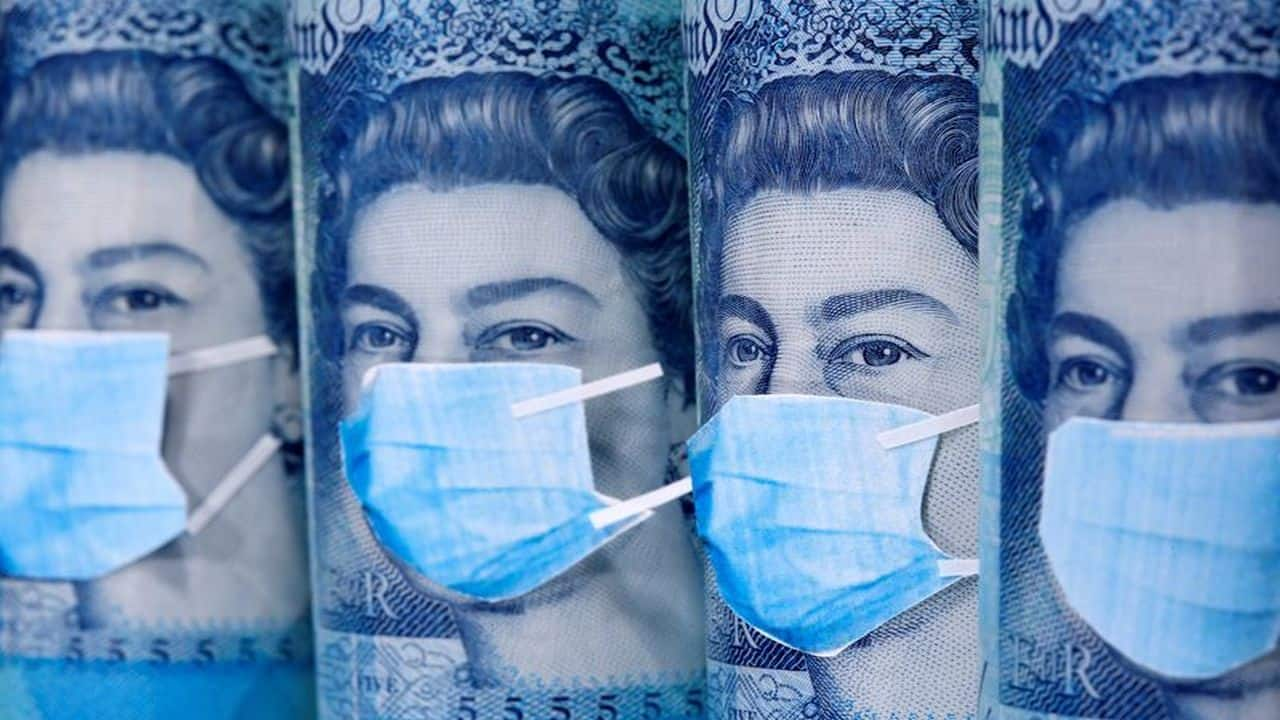
This “doing what it takes”, according to political scientists, is dangerous because it can provide a leeway for the autocrats of the world to take advantage of the situation and tighten their control. Reports suggest that this has already started happening, and the world could possibly see a change in the political order post-pandemic.
The people and pandemics
It doesn't require a deep dive in behavioral studies to understand that pandemics create panic, and they do so because, unlike a terrorist attack or even a natural disaster, a pandemic is not limited to certain territories.
While it is futile to compare tragedies of any proportions with each other, a bomb blast or a hurricane would invariably end up affecting only a limited area, and not the entire length and breadth of a country.
A pandemic of the proportion of coronavirus, however, is for most people more immediate, irrespective of the city, town or the lane they are living in— in what was, until now, only the stuff of science fiction, areas have been divided into zones, and there is a sense that even out of a particular zone, safety cannot be expected.
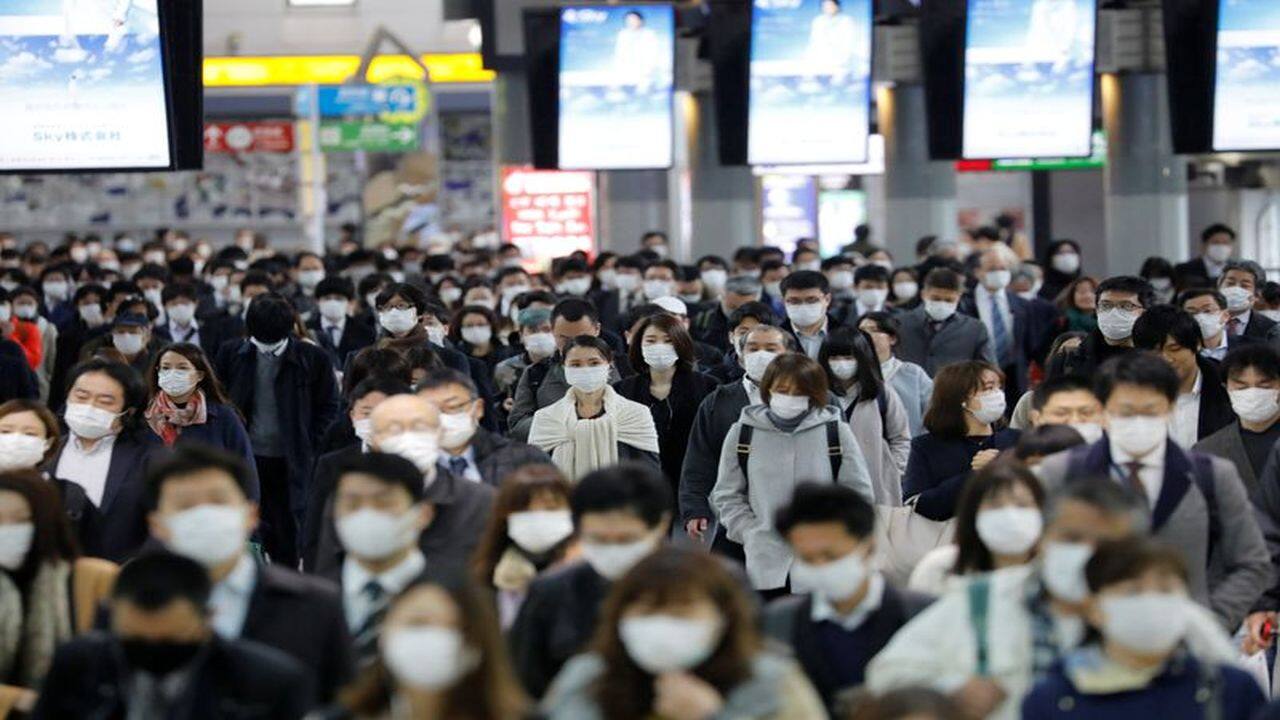
It is, then, the government that one can hope to rely upon. The over-dependence on an institution such as a State, particularly a State that asks greater control over people in order to fix things, can have disastrous consequences, experts have said. This has been true historically, too.
“When cholera reached Prussia, in the eighteen-thirties... the Prussian state... basically told people that (what) you had to do is trust in the authorities and obey what the authorities say. You're not supposed to question government measures, and then trust in God,” Sir Richard J Evans, a historian of the Third Reich, said in an interview with The New Yorker.
The Third Reich itself could have traced its origins to the Spanish Flu pandemic, according to a recent research. The Federal Reserve Bank of New York found that those regions in Germany which had higher mortality rates from the virus— which ravaged the world through 1918-19— had a higher vote share for Hitler's Nazi Party during the 1932 and 1933 elections.
Also Read | Here are 10 deadliest epidemics in history around the world
While the difference between the years when the pandemic was active in Germany and the elections might be long, Kristian Bilckle, an economist and author of the report, said the change in the demographics due to the pandemic and historical tendencies of societies in blaming foreigners for the spread of disease could have changed the voting behavior of these regions.
“The particular strain of influenza that raged in 1918 to 1920 largely affected younger people and thereby reshaped demographics,” Bilckle said, adding that the virus' perceived foreign origins may have “fostered a resentment of foreigners who were seen as responsible for the pandemic”.
The recent pandemic has also nudged active state surveillance as a system to fight the spread of the virus. Citizens across the world, including in authoritarian countries like China and democratic ones like South Korea, have been subjected to surveillance through apps. In fact, in the case of China, the app and the color code you are in will effectively determine how you spend the rest of your day — going about your daily business, or being cooped up at home in quarantine.
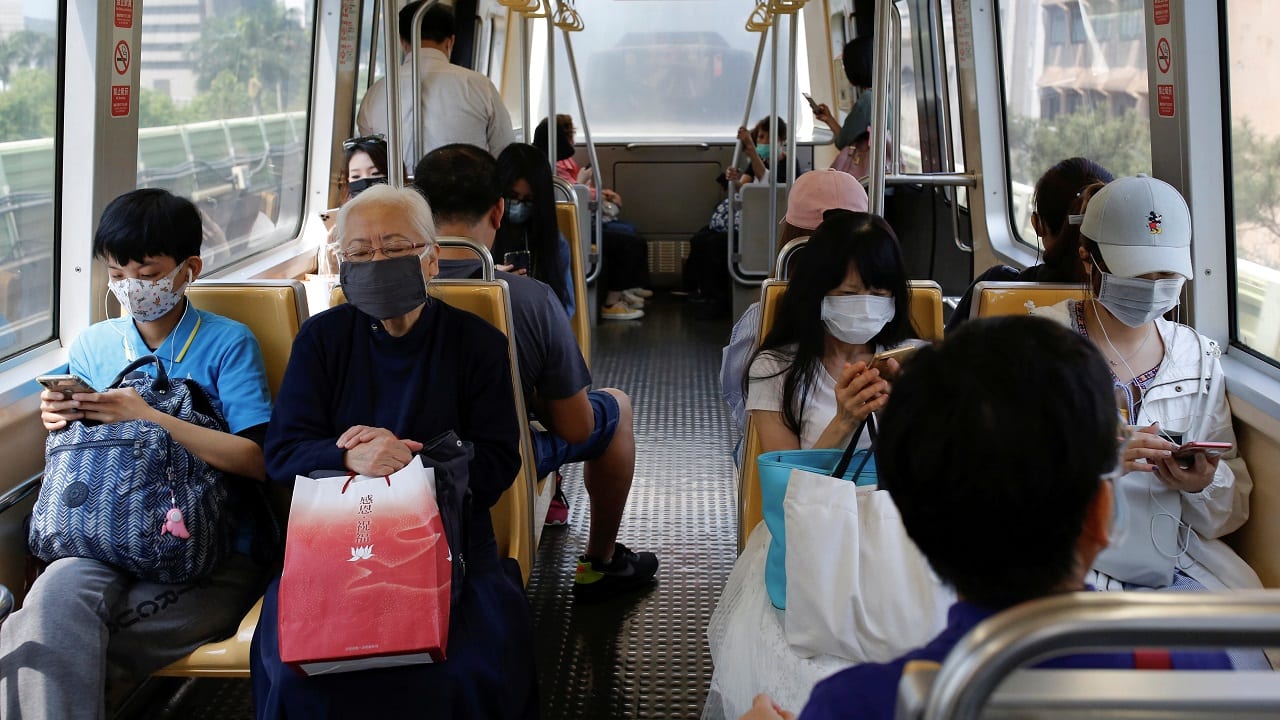
In his A Journal of the Plague Year, Daniel Defoe wrote that during the plague, “people were overcome with delusions” and that “all their predictions run upon a most dreadful plague” which, he wrote, should lay the “whole city and even the Kingdom waste”.
Defoe's book was marketed as a novel, but it was based on the experiences of people during the 1665 plague of England, and it goes on to show how people had reacted during that epidemic: first, by regarding the problem as distant, then, as the deaths increased and the fear set in, by resorting to many of the things they normally wouldn't have considered doing, including superstitions.
Many of the novels and non-fiction works dealing with the subject of epidemics address the way people react during such times of fear. Because there is uncertainty surrounding the unknown all around, people are susceptible to put their faith— sometimes arguably blind— in what they feel would help them get out of the contagion.
In such circumstances, governments across the world, especially those governed by autocrats and strongmen, have a clear advantage— and some of them have been able to work on it during the time of the pandemic.
Is surveillance state the new normal?
According to author Yuval Noah Harari, emergencies such as the coronavirus pandemic “fast-forward historical processes”. This, according to him, means that the decisions which could have taken a longer time during the days of normality are now passed within “matter of hours”.
Some of these decisions are related to monitoring of people by deploying new, sophisticated surveillance tools.
“Today, for the first time in human history, technology makes it possible to monitor everyone all the time,” Harari wrote. “The KGB (Soviet secret service agency) relied on human agents and analysts, and it just couldn't place a human agent to follow every citizen. But now governments can rely on ubiquitous sensors and powerful algorithms instead of flesh-and-blood spooks,” he added in his essay.
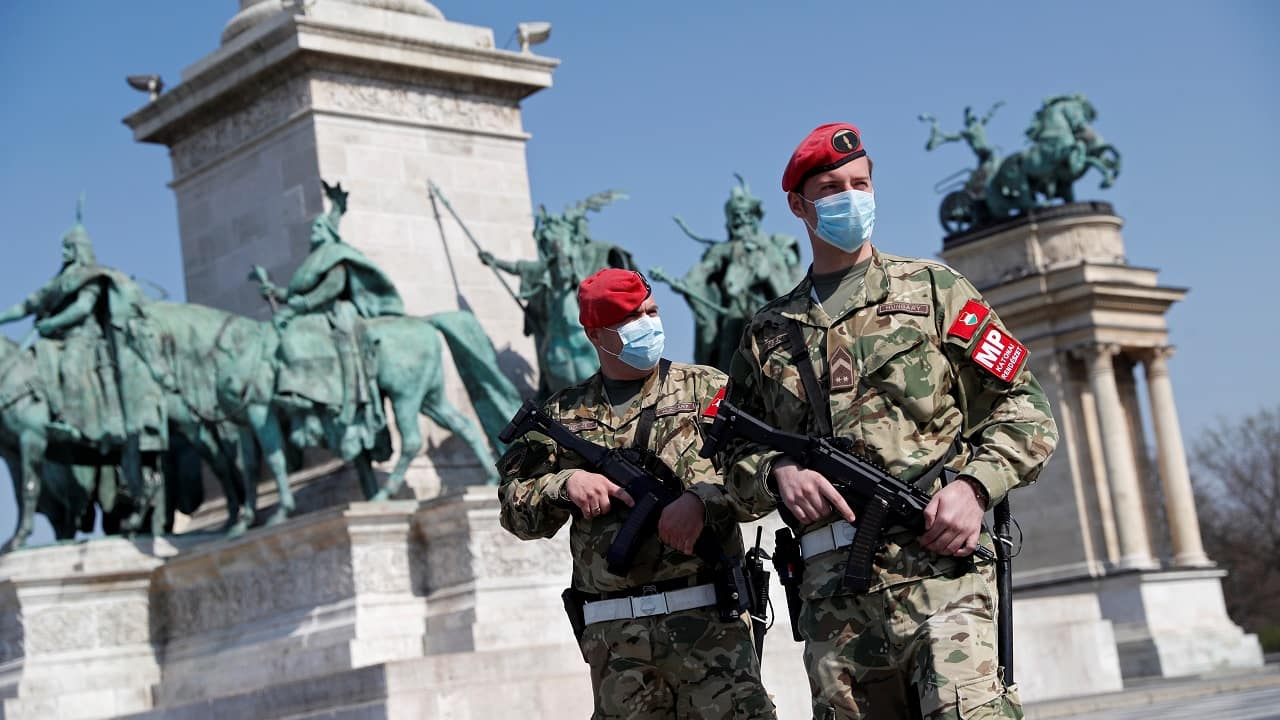
China is an example of how this is being carried out. As mentioned earlier here, as the spread of the virus abates (at least for the time being) in the country where it mushroomed, China is urging its citizens to return to work but with an app that would dictate if they can be allowed in public places or need to stay home.
Called the Alipay Health Code, the app assigns one of the three colours — green, yellow or red — to its users, indicating their health status. Green status means unrestricted access, yellow means seven and red equates to 14 days of quarantine.
According to The New York Times, the Chinese authorities haven't specified as to how they classify individuals, so that if a citizen is ordered to isolate, she has no idea why she has been told so. But it gets worse.
According to NYT and other reports, the software also does not make clear to users its connection with the local police authorities. And this is a software developed by Ant Financial, sister company of Alibaba. The company had made it clear that law enforcement agencies are a crucial partner in the development of the system, and so is "public-private partnership".
While Chinese officials have dismissed allegations that the app intrudes upon privacy of citizens because it asks for personal details and actively tracks individuals, according to Maya Wang, a Chinese researcher for Human Rights Watch, the coronavirus outbreak is “proving to be one of those landmarks in the history of the spread of mass surveillance in China”.
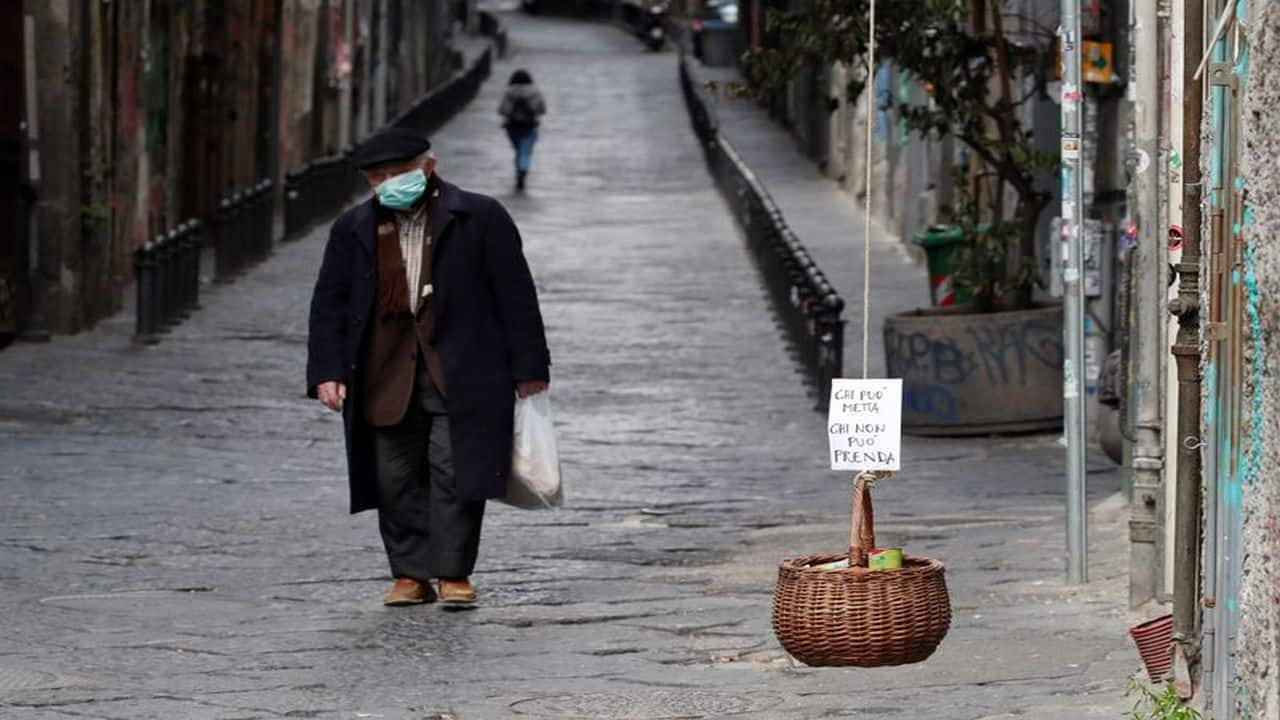
It isn't just China. South Korea, a democracy, has been hailed for its handling of the coronavirus spread in the country. While the focus has been on testing and isolating, South Korea, too, has used a surveillance mechanism to identify those who need to be tested first. According to reports, the country's authorities used CCTV and monitoring bank card and mobile phone usage to track down potential carriers.
According to a report, one of the methods used by the South Korean government included the tracking of debit and credit cards. By doing this, the authorities could trace a map of where the card user has been, and if he/she has tested positive for the virus, they would quickly trace all those who had come in contact with them. The other was to use CCTV cameras for contact tracing, testing and isolating.
Also Read | The coronavirus class divide: Space and privacy
While many experts have said that currently, such methods are required to effectively contain the spread of the virus, public intellectuals like Harari feel that citizens are probably giving legitimacy to a “terrifying” new surveillance system that would not, probably, be shut down after the pandemic ends.
“It is crucial to remember that anger, joy, boredom and love are biological phenomena just like fever and a cough. The same technology that identified coughs could also identify laughs,” Harari wrote.
Pandemic and consolidation of power
Whether it is used during public health emergencies or for political purposes, strongmen and dictators of the world have always used intrusive surveillance system as means to consolidate power by keeping a constant eye on the movements of its citizens.
Many observers feel that coronavirus, which is predicted to linger for long until a conclusive vaccine is developed, will help emerging and existing dictators wrap a firm hold over their populations under the umbrella of safety from the virus and its spread.
Some are already at it. In Hungary, for example, Victor Orban, whose actions have tended to tilt towards increasing authoritarianism, managed to pass an act in the Hungarian Parliament that would enable him to rule by decree for an unlimited period. This was done in order to combat the coronavirus emergency, but observers have said the move will speed up Hungary's slide into dictatorship.
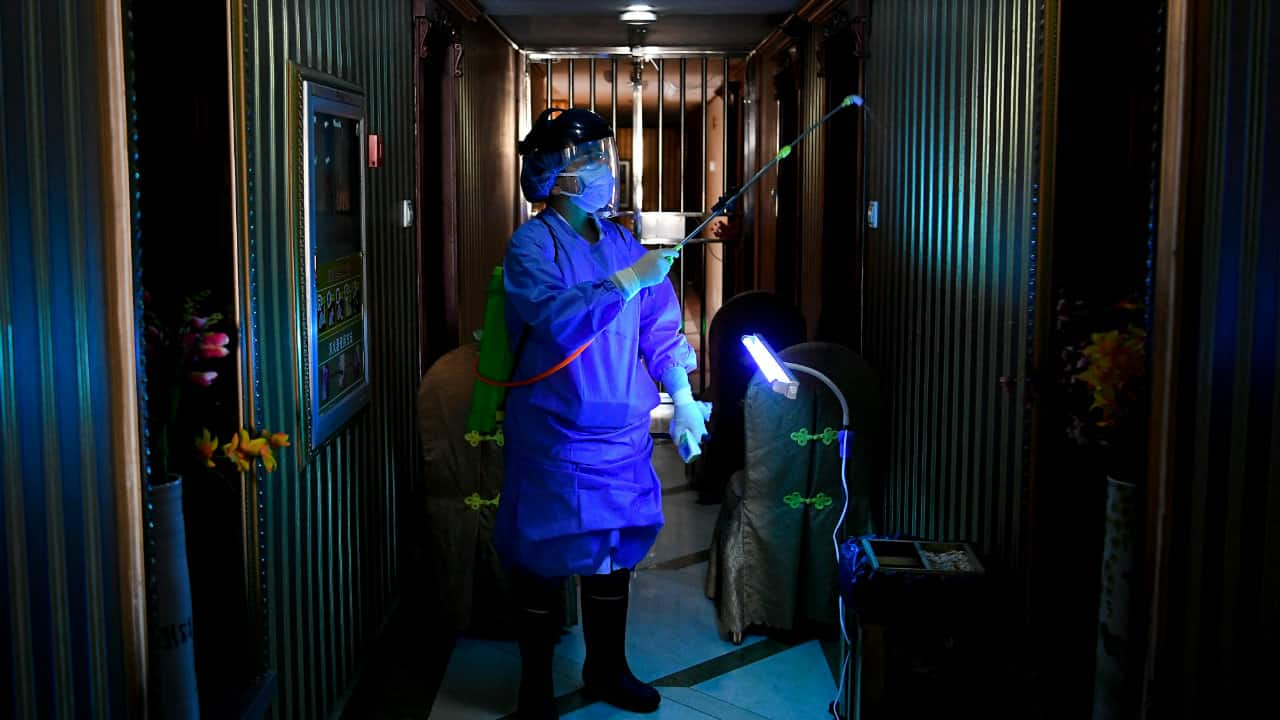
The move, according to reports, also empowers the government to limit information about its management of the virus. In the same vein, the new law also enables the government to punish those who spread "fake news" about the virus for up to five years in prison.
Similar situation can be seen in Cambodia, where the country's Parliament passed a new state of emergency granting the government power under the pretext of maintaining "national security and social order". Fears are that the country's Prime Minister, Hun Sen, who had been cracking down on opposition even before the start of the outbreak, will use the pandemic to silence his critics.
In Azerbaijan, the country's dictator, Ilham Aliyev, has been cracking down on opposition leaders and media by using the threat of coronavirus. Two days ago, for instance, he rounded up officials for alleged "COVID-19 corruption" which included improperly giving out permissions to leave home. Then he also closed down a dissident group's office because, he said, people cannot gather "en masse" even though only four people were inside the office.
Also Read | Quick action, masks and digital tracking: How Taiwan dodged the global trend and blocked coronavirus
That, observers have pointed out, could be another fallout of the pandemic: banning of crowds due to the infection could mean there are no popular protests against the decisions of the state. Protests across several countries against the government have stopped, even as the governments and leaders continue to push those decisions.
Similar scenes are playing out in Israel, Turkey and Philippines— all the countries ruled by leaders who have been known for their scorn against liberal, democratic politics. Some countries like Cambodia are also using the pandemic as a way to target communities and make them the scapegoat, thus also forwarding their political agendas.
It cannot be anybody's argument that stricter measures are not necessary for controlling the spread of the contagion. But warnings regarding the change in world's political order, and the slide of several countries towards autocracy, cannot be ignored. While the world will have to ensure that the Kingdom does not lay waste, it will also have to guard against an intrusion on its laughs and loves.
Click here to get all the news on the coronavirus pandemicSpecial Offer: Subscribe to Moneycontrol PRO’s annual plan for ₹1/- per day for the first year and claim exclusive benefits worth ₹20,000. Coupon code: PRO365














